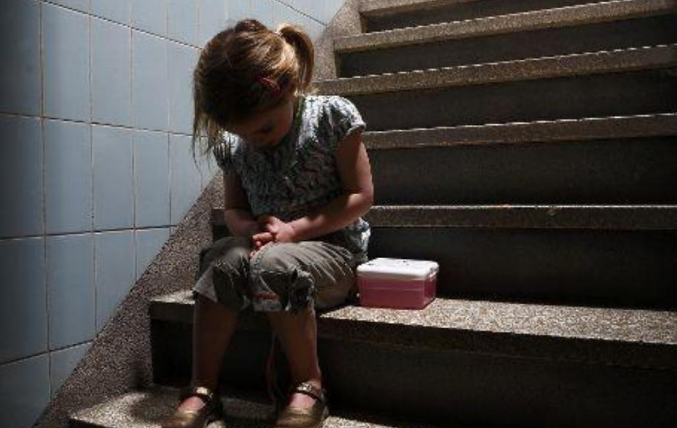During the waves of the coronavirus epidemic, the number of internet abuses increased, sixty percent of child victims within the EU end up in human trafficking for sexual purposes, it was said at a conference held a few days ago. The specialists also talked about the fact that the investigation presents an increasingly difficult task for the law enforcement officers, Magyar Hírlap reported on the event.
The sexual and other exploitation of children under the age of 18 is not a new phenomenon, but its emergence and intensification in cyberspace is one of the painful side effects of the digital explosion that has occurred in recent years, and the phenomenon has intensified even more during the coronavirus epidemic, Julianna Huszár, the Chief Prosecutor's Office, said . Prosecutor of the Department of Priority Cases Against Corruption and Organized Crime at the conference "The impact of the media on children and young people" organized by the International Children's Rescue Service.
The specialist added: the criminals ensnare their child victims in order to profit from them by forcing them into prostitution, begging, forced labor, other sexual exploitation, or by extracting their organs for crimes. What is shocking is that children make up about a quarter of the victims of human trafficking in the European Union.
Unfortunately, in many cases, their own parents sell their children. It is interesting, but the problem does not only affect poor children, criminals can ensnare basically anyone. Based on data from 2013 to 2018, the speaker stated that 78 percent of child victims are girls, and what is particularly worrying and thought-provoking is that three quarters of child victims are EU citizens. Sixty percent of child victims within the EU become victims of human trafficking for sexual purposes.
Criminal circles know that children are the most vulnerable potential victims, who moreover do not dare to turn to the authorities. Offenders are extremely familiar with the forums that young people use. They know how to gain children's trust, how to ensnare them, and then how to intimidate and exploit them, explained Julianna Huszár. He said that it is becoming more and more difficult to detect cases, since a fake profile is often enough on the Internet, there is no need to provide personal data, the perpetrators can gain the trust of children without a name or a face. The investigation is also not easy because, in addition to human traffickers, "consumers" are also hiding.
Csaba Krasznay , head of the Cybersecurity Research Institute of the National University of Public Service, also stated that the number of internet abuses increased during the waves of the coronavirus epidemic Citing the 2020 IOCTA report (Internet Organized Crime Threat Assessment), he pointed out that the number of sexual crimes against children has increased. Many people were outraged when it was revealed that some states use targeted software solutions that can be used to monitor the contents of a smartphone without being noticed, and through this, the user's digital habits as well.
Meanwhile, it is little known that in recent years a significant part of Internet traffic has become encrypted, so the traditional investigation of a criminal case represents a very serious technological difficulty. According to the specialist, the Internet is "too secure", it is difficult to access the data, so the investigators can only do something with the endpoints. The researcher also touched on the fact that nowadays porn is getting tougher and the demand for it is increasing, as well as the supply. Therefore, it is necessary to develop certain spy software, which is very much needed by law enforcement, for example, to be able to integrate into some pedophile groups.
Gábor Varga , a Microsoft employee, said: new technical possibilities mean new risks, which are very dangerous for children. Péter László Salgó noted during a round table discussion: people, including young people, do not pay attention to their data because they want to get access to content as soon as possible, which is why they are careless. In addition, they do not read the data management information sheets either, although their drafting is quite complicated.
Commissioner Attila Péterfalvy conscious use of the Internet
He drew attention to the need for a broad presentation of t, as he said, the curriculum has been available for a long time, but the educational institutions "don't rush to get it".
Source: Magyar Hírlap
(Cover illustration: europarl.europa.eu)












